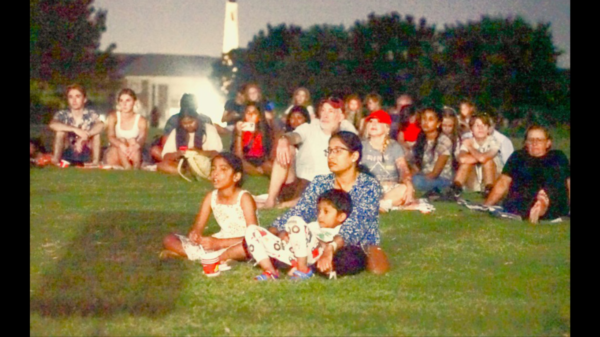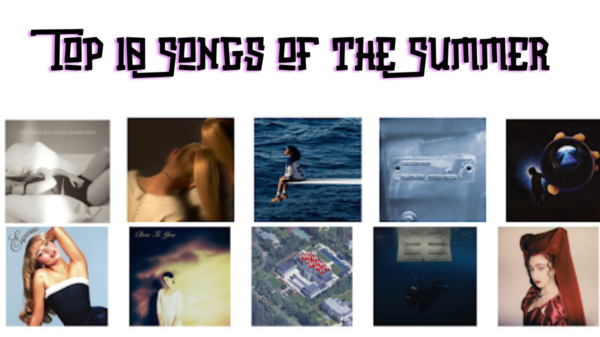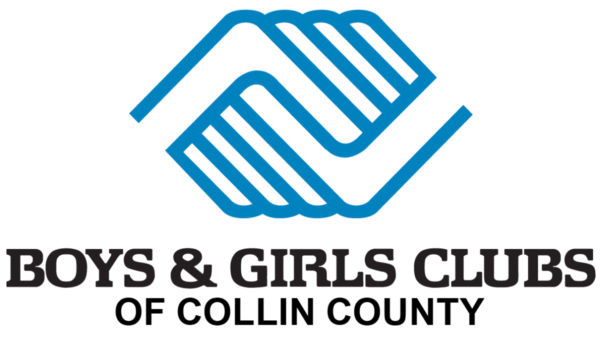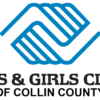Put yourself in the perspective of a teenager: legging legs, soap brows, siren eyes, as soon as you open your phone, you are blasted with these buzzwords. These terms all sound made up, but they are real beauty standards promoted on TikTok and Instagram. Every week it seems as if there is a new term created to further influence young people to change the way they look to be seen as more attractive. With this rapid fire content, it can feel impossible to keep up.
According to the Merriam Webster Dictionary, beauty is defined as the quality or group of qualities in a person or thing that gives pleasure to the senses or the mind.
In a generation where social media is such a significant part of our lives, these standards of- ten set by influencers, convince younger audiences that they have to look a certain way to be perceived as beautiful.
Beauty standards are societal norms that dictate what is considered an ideal physical appearance, including aspects such as clear skin, clothing, height, and body shape. These standards of- ten extend to the use of wigs, extensions, and cosmetic enhancements such as implants and fillers.
This issue runs further than skin deep.
Social media exacerbates beauty standards, particularly among young girls, 12-16, in a transitional stage of development.
During this time, they are particularly sensitive to how others perceive them.
Exposure to images of seemingly perfect peers or influencers on social media can lead to negative self-comparisons, contributing to unhealthy behaviors.
By building a parasocial relationship with their followers, influencers and celebrities are able to persuade their audience to purchase products that they are paid to promote.
On the surface, the lives of these influencers look perfect, and impressionable users may find themselves buying products so they can look “perfect” too. Not everything that these influencers promote is good. According to news-medical.net, social media influencers can negatively impact the way users see themselves through promoting body ideals, unhealthy food and even in some cases, eating disorders.
Evolutionarily, the human brain can be deceived by external enhancements, leading individuals to feel beautiful on the outside while potentially experiencing inner dissatisfaction.
Makeup and other beauty products can create an idealized appearance that may not reflect an individual’s true self.
While societal beauty standards emphasize external appearance, true beauty can also be seen in personality, self-presentation, and behavior.
Focusing on inner qualities rather than external validation can foster a healthier self-image and reduce the pressures faced by young girls and women.
By Mira Daniel, Tenia Harris, Elizabeth De Santiago, Caitlynne Vickerstaff – JournaliZm Editorial Board









You must be logged in to post a comment Login